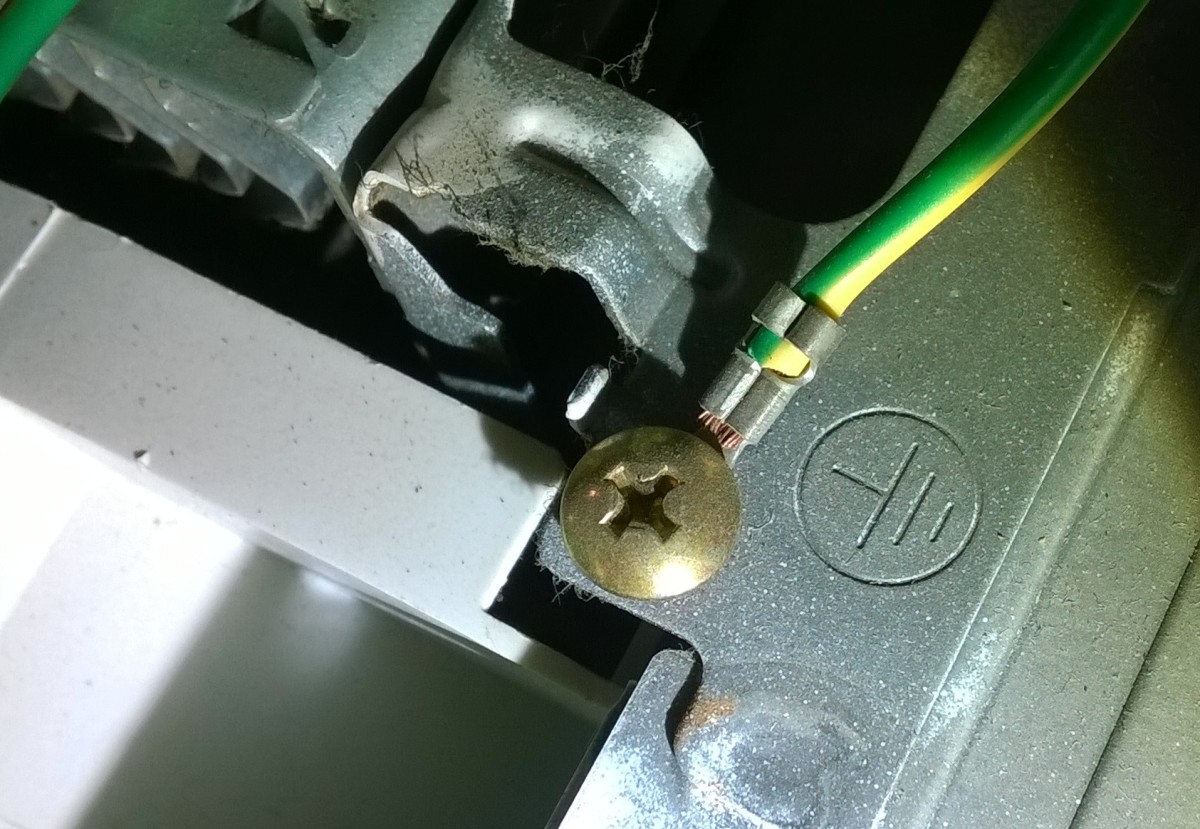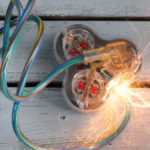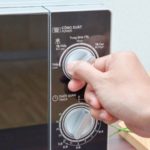1. What is a ground wire?
The ground wire, also known as the earth wire, is a short electrical wire that connects appliances using high voltage (220V), such as water heaters, washing machines, and refrigerators, to the ground. It serves to solve the problem of electrical leakage from these appliances.
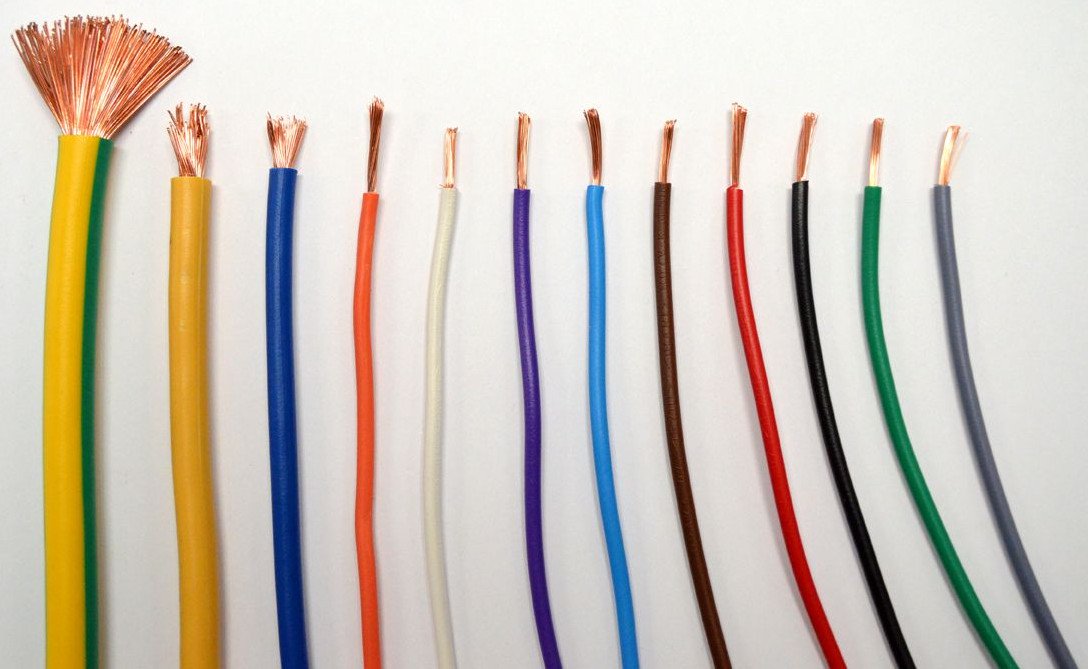
2. Why should we connect the ground wire to appliances?
Appliances like water heaters and washing machines are often placed in high humidity areas like kitchens and bathrooms. This can cause the electric motors and internal circuits to become wet and lead to electrical leakage. The metal casing of these appliances also makes it easy for electricity to transmit, increasing the risk of unexpected electrical accidents for users who accidentally touch them.
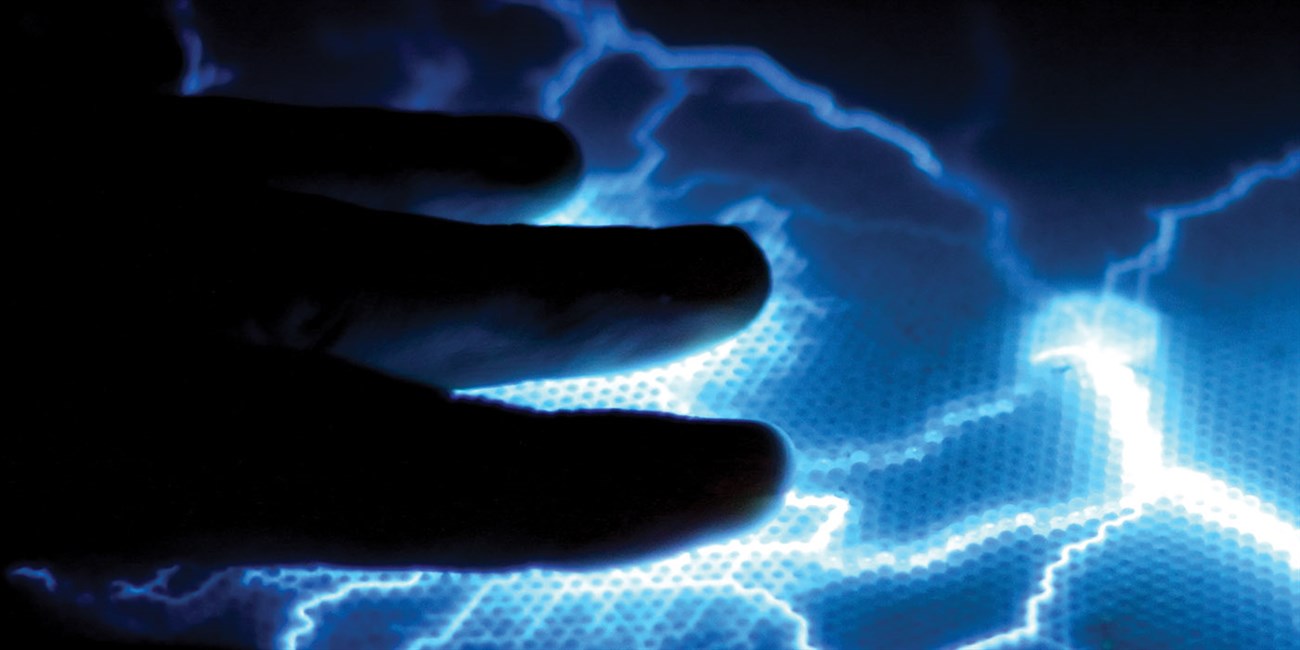
In addition, during winter, static electricity is more likely to occur on the surface of these devices, resulting in “static electric shock” when touched. In Vietnam, 3-prong sockets with hot wire jacks, cold wire jacks, and grounding holes are not commonly found. Furthermore, equipment manufactured for Vietnam sometimes only have 2 pins to reduce costs, making electrical leakage more likely to occur. Therefore, grounding is considered a simple and safe measure to prevent electrical accidents.
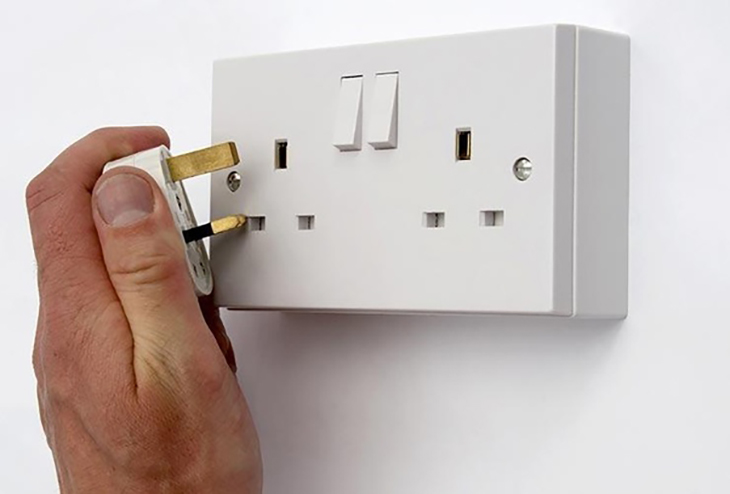
3. What equipment requires grounding?
Appliances that use water, such as washing machines, refrigerators, dishwashers, and drying equipment with metal housing designs, should be prioritized for grounding to ensure safety during use.
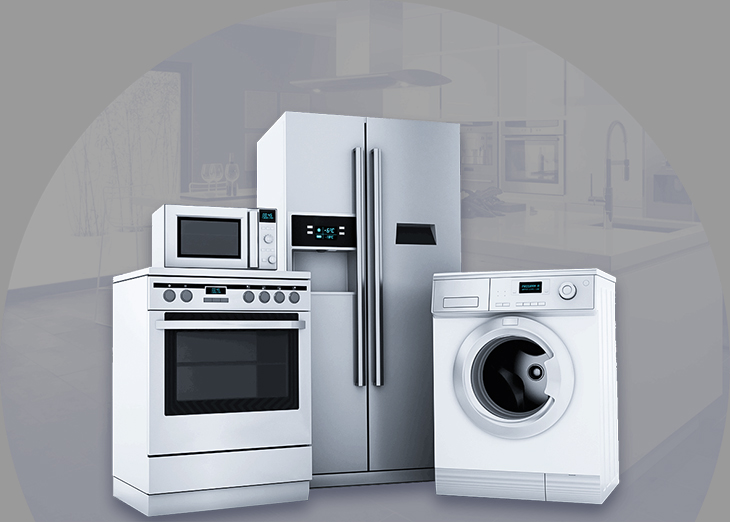
4. Instructions for connecting the ground wire easily
Step 1: Insert a copper or iron metal rod approximately 1m deep into the ground (the deeper, the better).
You can easily find a metal rod and wire at nearby electrical stores. Use a drill to create a hole in the wall or floor, insert the metal rod, and connect it to the wire.
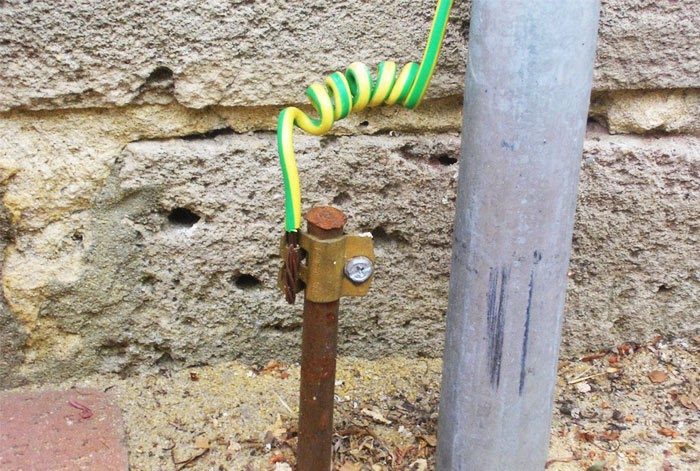
Step 2: Connect one end of the wire from the device’s case or grounding part to the metal bar.
Find a screw attached to the device, loosen it, wrap the end of the power cord around the screw, and tighten it again.
Discover How Much Power Your Electronics Consume When Not In Use
Do you ever consider the amount of energy some of your electronics and appliances are consuming while you’re not even using them? With the amount of electricity being used each month, it’s important to find out how you can cut down on these costs. Let’s investigate some tips and tricks to help you save energy.
Discovering and Fixing Electrical Leaks in the Home
With modern households requiring an ever increasing amount of electricity, it is more important than ever to be aware of the potential dangers posed by electric leakage. Don’t worry, though, as this guide will teach you all you need to know about testing and troubleshooting electric leakage in the comfort of your own home!
Why does microwave leak electricity in the casing?
Many people have encountered the problem of getting shocked when touching a microwave oven, which causes numbness in their hands. Why does the microwave oven leak electricity to the casing?


























